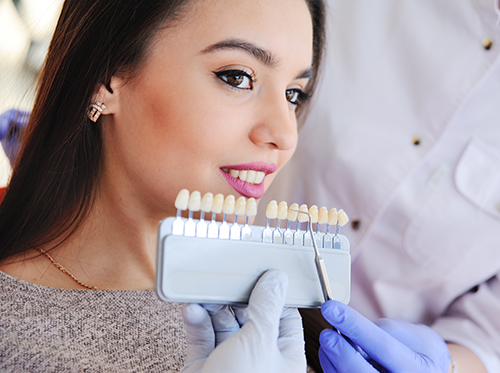Why Professional Cleanings are Important
August 30th, 2023

Regular dental cleanings and checkups at our Dearborn office are an excellent way to ensure everything is A-OK in your mouth. There’s a reason the American Dental Association recommends a professional cleaning every six months!
Here’s what you can usually expect during your visit with Dr. Robert Farber, Dr. Corey Farber, Dr. Harry Morris, Dr. Henry Bryan, and Dr. Mark Isler:
- Head and neck examination: The dentist or dental hygienist will look for anything out of the ordinary. He or she will check your lymph nodes and lower jaw joints (also known as TMJs).
- Dental examination: The dentist or hygienist will check for any signs of gum disease, tooth decay, loose or broken teeth, or damaged fillings. We’ll also check your bite, the contact between your upper and lower teeth, and the condition of any dental appliances you’re wearing. Sometimes we’ll also take a set of X-rays.
- Dental cleaning: Plaque and tartar will be removed and the dentist or hygienist will polish your teeth. Your teeth and gums will be flossed, and we’ll also make recommendations about proper brushing and flossing technique if we think you need them.
When you visit our Dearborn office regularly, we’ll be able to compare the status of your teeth and gums from one appointment to another. That ensures we will be able to tell where you’re doing great in taking care of your teeth, and if needed, where you’re doing not so well.
If you’re in need of serious help, we might recommend more frequent visits. But remember, the most important factor in your oral health is how you take care of your teeth and gums at home between appointments.
We strive to help our patients achieve and maintain radiant, healthy smiles! If you'd like to know more about exams and cleanings at our Dearborn office, or what you need to do at home to maintain an effective oral health routine, please let us know.




 Website Powered by Sesame 24-7™
Website Powered by Sesame 24-7™